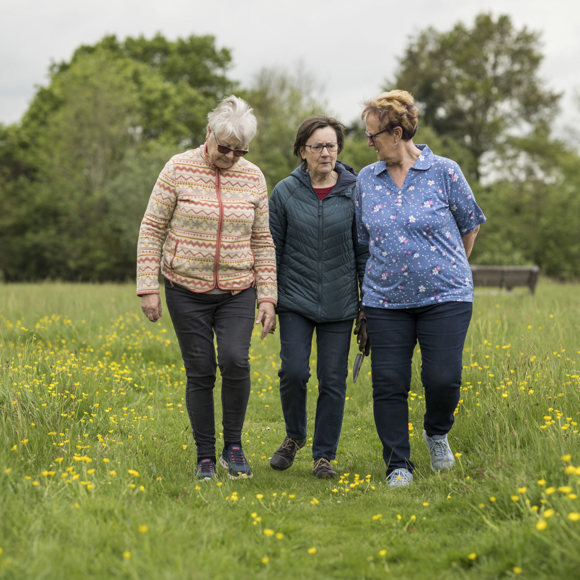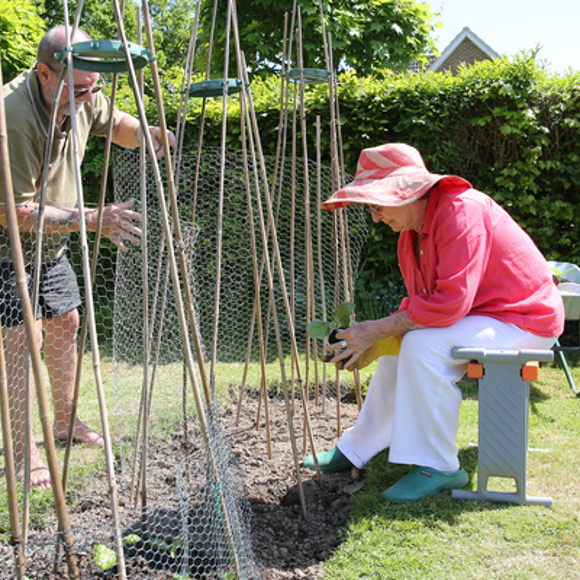
As life expectancy continues to rise and the cost of providing state pensions increases, the UK government has implemented significant changes to the retirement age for both men and women. These changes aim to equalise the state pension age and gradually increase it to account for the growing number of retirees. In this article, we'll delve into the details of the UK retirement age, exploring the differences between genders and future projections.
Women's retirement age
For decades, women in the UK were able to claim their state pension at the age of 60, while men had to wait until they turned 65. However, this disparity began to change in April 2010, when the state pension age for women started a gradual increase to align with that of men.
Between April 2010 and November 2018, the state pension age for women rose incrementally from 60 to 65, finally achieving parity with men's retirement age.
The average retirement age for women in the UK is currently 64 years old. However, the state pension age for women has undergone significant changes:
- Prior to April 2010, women could claim their state pension at age 60
- Between April 2010 and November 2018, the state pension age for women increased from 60 to 65, bringing it in line with men's state pension age
- Since October 2020, the state pension age for women has been 66, the same as for men
- By 2028, the state pension age for both men and women will rise to 67

Men's retirement age: keeping pace with change
Traditionally, men in the UK could claim their state pension at the age of 65. However, as the government sought to address the rising costs of state pensions and account for increasing life expectancy, changes were implemented to align with the adjustments made for women.
UK retirement age for men
The average retirement age for men in the UK is just over 65 years old. The state pension age for men has followed a similar trajectory:
- Prior to the changes, men could claim their state pension at the age of 65
- Since October 2020, the state pension age for men has been 66, the same as for women
- By 2028, the state pension age for both men and women will rise to 67.

Income sources in retirement: a diverse landscape
Upon reaching the state pension age, retired individuals in the UK rely on a combination of income sources to support their lifestyle. The state pension serves as a foundation, providing a basic level of financial security. However, many retirees also depend on private pensions, savings, and investments to supplement their income.
Additionally, some retirees may continue to receive a portion of their income from a spouse's earnings or state benefits, although these sources tend to play a lesser role in overall retirement income.
It's important to note that the gender pension gap remains a persistent issue in the UK. Women, on average, retire with significantly less savings than men, contributing to higher rates of pensioner poverty among single women. This disparity highlights the need for continued efforts to address gender inequality in retirement planning and financial security.
No mandatory retirement age: flexibility and choice
One aspect that sets the UK apart from many other countries is the absence of a default or mandatory retirement age. Individuals in the UK have the freedom to choose whether they wish to continue working beyond the state pension age, provided their employer does not enforce a compulsory retirement age for specific roles.
This flexibility allows individuals to tailor their retirement plans according to their personal preferences, financial situation, and overall well-being. Some may opt to retire as soon as they become eligible for the state pension, while others may choose to continue working, either full-time or part-time, to supplement their income or maintain an active lifestyle.
Preparing for retirement: a lifelong journey
Retirement planning is a lifelong journey that requires careful consideration and proactive steps. As the retirement age continues to shift and the cost of living rises, it becomes increasingly important for individuals to start saving and investing for their retirement from an early age. Seeking professional financial advice, contributing to workplace pension schemes, and exploring additional investment opportunities can help ensure a comfortable and secure retirement. Additionally, staying informed about changes to the state pension age and adjusting retirement plans accordingly is crucial for a smooth transition into this new phase of life.
The UK retirement age landscape is constantly evolving to adapt to changing demographics and economic realities. While the government aims to ensure the sustainability of the state pension system, individuals must take an active role in planning for their retirement. By understanding the nuances of the retirement age, income sources, and the flexibility offered by the UK system, individuals can make informed decisions and prepare for a fulfilling and financially secure retirement.

Future projections: adapting to longer life expectancy
The state pension age in the UK is regularly reviewed to ensure its sustainability and to account for the increasing life expectancy of the population. Under current legislation, the state pension age for both men and women will increase from 67 to 68 between 2044 and 2046.
However, there is a proposal to bring this increase forward between 2037 and 2039, subject to parliamentary approval. This proposed acceleration highlights the government's commitment to controlling the rising costs of state pensions and ensuring the system's long-term viability. Furthermore, the government has proposed increasing the retirement age to 70 by 2046, a move that would further control the escalating costs associated with an ageing population.
